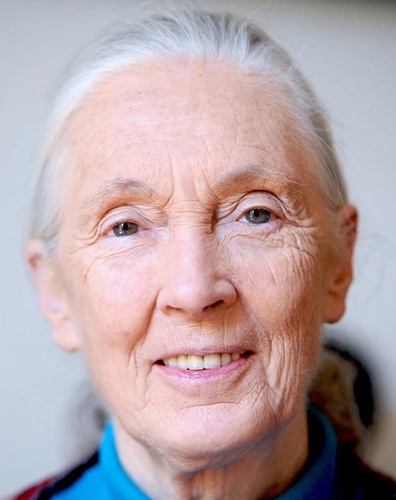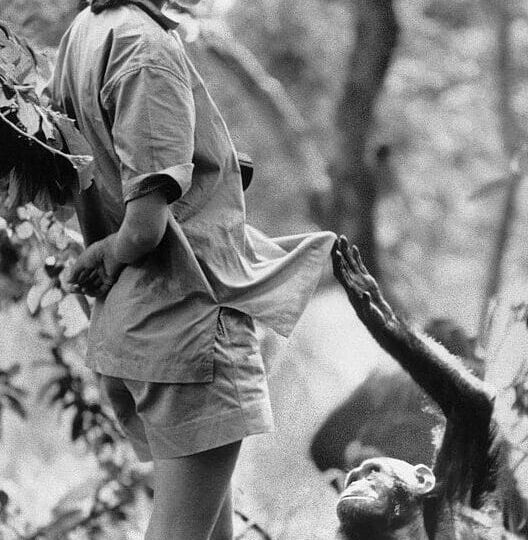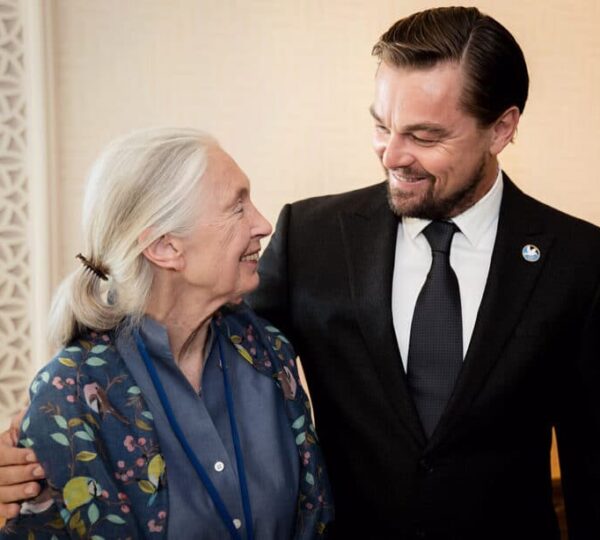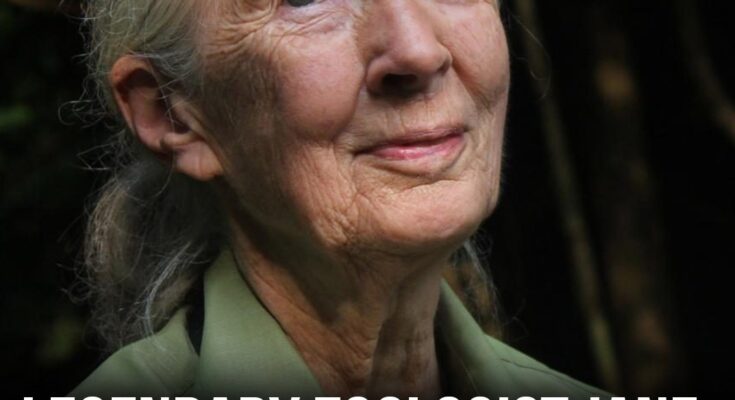
Jane Goodall, the legendary primatologist, conservationist, and tireless advocate for wildlife, passed away at age 91 on October 1, 2025. The Jane Goodall Institute confirmed her death in California during a U.S. speaking tour, citing natural causes. Her passing triggered an outpouring of tributes from scientific communities, environmental groups, political leaders, and public figures worldwide. Her path to global renown began in 1960, when as a young woman she traveled from England to what is now Tanzania to study chimpanzees in the wild.
Despite having no formal university training at the time, she earned the trust of wild chimpanzees in the Gombe Stream region and made landmark observations. Among them: tool use, complex social relationships, emotional behavior, and individual personalities—discoveries that challenged long‑held assumptions about the uniqueness of human behavior. Her early work included the famous observation of a chimpanzee she named “David Greybeard” bending a twig to fish for termites, a moment that helped shift the scientific consensus about tool use being uniquely human.
From that point, her dedication deepened: she spent decades in the field, staying immersed among chimpanzees, and extending her work beyond primatology into global activism. In 1977, she founded the Jane Goodall Institute, which broadened her mission from pure research to conservation, community development, and youth education. She also launched the “Roots & Shoots” program, dedicated to empowering young people around the world to take positive actions for people, animals, and the environment.

Over the years, Goodall became not only a scientist but a global humanitarian voice. Despite her advancing age, she continued to travel extensively, deliver lectures, participate in international forums, and advocate for urgent climate action, biodiversity protection, and ethical treatment of animals. In 2025, she was awarded the U.S. Presidential Medal of Freedom, further acknowledging her lifetime contributions.
At her death, Goodall left behind a legacy of scientific discovery, conservation leadership, and inspiration for generations. She is survived by her son, Hugo (nicknamed “Grub”), and her grandchildren.
One of the first high‑profile tributes came from Leonardo DiCaprio, who praised her remarkable ability to bridge science and empathy. He urged supporters to carry on her work by supporting the Jane Goodall Institute. Their collaboration included work on Howl, a film project they executive produced together, reflecting her belief in storytelling as a tool for environmental awareness.
Globally, leaders and organizations honored her memory. Prince William lauded her “extraordinary voice,” while scientists, conservationists, and activists cited how her life reshaped humanity’s relationship with nature. Her passing prompted widespread reflection on how one person’s dedication—rooted in curiosity, compassion, and persistence—can change our understanding of the world.

Goodall’s life was not without challenges and controversies. Early in her career, traditional scientific communities criticized her for naming chimpanzees rather than numbering them, and for attributing emotional qualities to animals. But her perseverance, careful observation, and undeniable insight gradually proved critics wrong. She also weathered financial strains, dangers in the field, and evolving debates about conservation strategies.
In her later years, she spoke openly of “my next great adventure” being the mystery of death itself—a spiritual reflection she often shared in interviews and public talks. Her final days embodied her lifelong mission: she was actively touring, scheduled for speaking engagements, and engaging audiences up until the end.
Her institute’s memorial statement emphasized both the magnitude of her life’s work and the urgency she always felt for the planet. They called on others to carry forward her vision, especially in a time of accelerating environmental crises.
While her passing closes a chapter, her influence remains. From field camps at Gombe to classrooms and communities worldwide, her work changed how humanity sees animals, nature, and itself. Her belief that every individual can make a difference continues to resonate. Her absence leaves a void—but her spirit, wisdom, and legacy will endure for generations to come.



